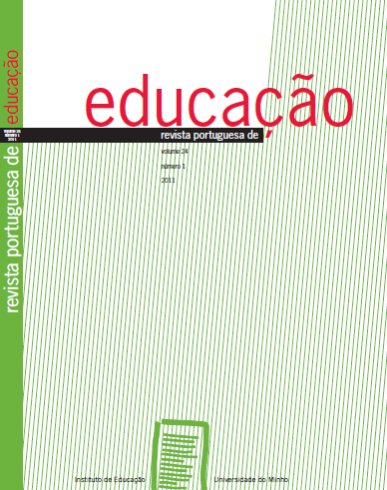MOTIVATION AND PERFORMANCE IN A BUSINESS SIMULATION COURSE
DOI:
https://doi.org/10.21814/rpe.3044Abstract
In order to enhance graduatesʼ performance in the labour market a one semester Business Simulation course was designed and implemented. The course participants are students of the last semester in a PBL-type undergraduate Portuguese Accounting program. This work focuses on the
power of learning environments, namely the ones inspired by PBL, to influence studentsʼ motivations; and asks to what extent motivation contributes to differences in performance. Interpreting the results of this case study, it can be seen that the use of real-world problems encompassing different subject areas in conjunction with augmented teaching methods motivates students in both an intrinsic and extrinsic way. Using feedback together with the opportunity to improve submitted work is shown to have a huge importance on the learnersʼ enthusiasm and stimulation. The effect that increased motivation has on studentsʼ and graduatesʼ learning and ultimately course grades is a central tenet in the teaching and evaluation model.
Keywords
Higher education; PBL; Performance; Motivation
Downloads
Downloads
How to Cite
Issue
Section
License
1. The authors preserve their authorship and grant the Portuguese Journal of Education the right to the first publication. The work is licensed under Creative Commons Attribution License that allows sharing the work with the acknowledgment of initial authorship and publication in this Journal.
2. The authors have the right to take additional contracts separately, for non-exclusive distribution of the published version of their work (e.g. to deposit in an institutional repository or as a book chapter), acknowledging the initial authorship and publication in this Journal.
3. The authors have the permission and are stimulated to post their work online (e.g. in an institutional repository or on their personal website). They can do this at any phase of the editorial process, as it may generate productive changes, as well as increase impact and article citation (see The Open Citation Project).
The work is licensed under Attribution-ShareAlike 4.0 International (CC BY-SA 4.0)




















